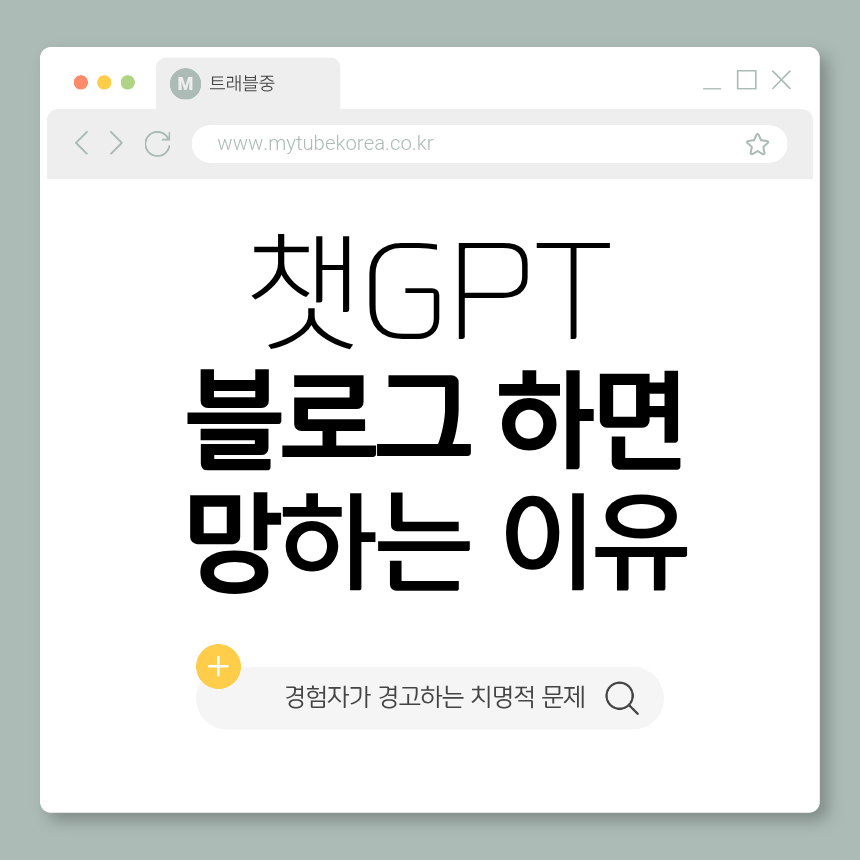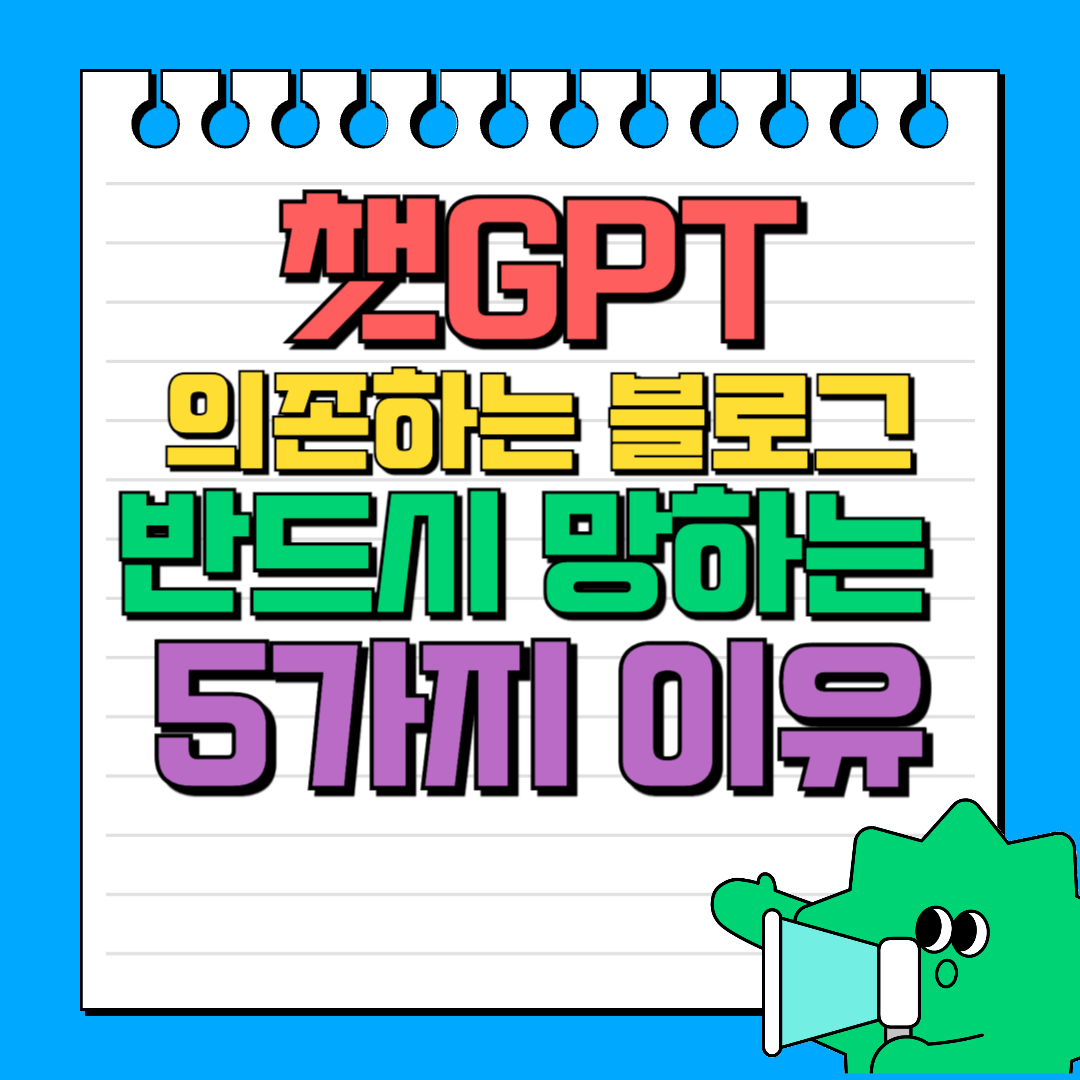Trying to save time on blog writing will result in your posts being ignored by Google bots. The fundamental reason why reliance on ChatGPT decreases blog revenue. 5 Deadly Mistakes That Will Ruin Your Search Engine Optimization (SEO)The branches were analyzed using data from experienced users.
1. Lack of originality
You shouldn't rely on ChatGPT for blog writing. The first reason is the lack of creativity and originality.This is because writing that feels like this soon becomes standardized writing.
- My lack of experience and ideas
Because ChatGPT generates content based on existing data, it has limitations in presenting fresh ideas or new perspectives.
These points can make your blog posts feel generic and uninteresting, which can bore your readers.
- Difficulties with personal tone
Successful blogs connect with their readers through the author's unique tone and style.
However, while ChatGPT's writing may appear sophisticated, it struggles to capture personal emotions and a unique authorial tone, making it difficult to maintain empathy and emotional connection with readers.
2. Decrease in profits and reliability
The second reason you shouldn't use ChatGPT on your blog is that it's likely to result in poor quality and unreliable information.
This ultimately plays a decisive role in leading to a decline in bloggers' earnings.
- Limited training data
The free, publicly available version of ChatGPT only works based on data trained up to 2021.
Therefore, on topics where the latest trends or updated information are important, there is a very high chance that unreliable or outdated information will be used.
- lack of depth
ChatGPT can generate well-structured text. However, when writing about complex topics or topics that involve human emotions, it struggles to deliver depth and expertise.
Blog posts that require detailed research or specialized knowledge run the risk of using AI to include superficial or unverified information.
- Declining profits
Can you really stay on a blog that lacks originality and publishes posts with a similar structure over and over again?
Readers instinctively sense the writing style of articles written using ChatGPT after reading just a few lines. Ultimately, these types of articles lose their appeal and, as a result, increase bounce rates.
A high churn rate means lower profits.
3. Search Engine Reverse Optimization
It's very easy to write SEO-optimized blog posts with ChatGPT. However, Content that is only formatted and geared towards SEO causes fatal problems that go against SEO.You can do it.
- Search engine penalty
Search engines like Google are becoming increasingly better at detecting AI-generated content.
So, if your content is classified as automated or repetitive, there's a very good chance it will be classified as spam or ranked lower in search results.
Ultimately, if your blog is evaluated low in search rankings, it will result in a drastic decrease in your blog's exposure.
- low quality content
AI will generate content with structurally repetitive patterns and text formats that feel similar each time.
These characteristics can cause search engine algorithms to label your content as low-quality, which can ultimately negatively impact your blog's reputation and rankings.
4. Copyright issues arise
Relying on ChatGPT for blog posts can potentially lead to copyright issues. Writing based on data without properly citing its sources can ultimately raise ethical concerns.
- Copyright infringement
ChatGPT synthesizes data from various sources to create content, but in most cases, the source of the data is not disclosed.
This is very likely to ultimately lead to copyright infringement and increases the risk of legal trouble for the blog operator.
- ethical issues
AI content is generated based on data collected without the consent of the original creator of the data.
Ultimately, this raises ethical questions about whether it is acceptable to use such content for personal or commercial gain.
5. Impact on the blog ecosystem
As AI-generated content grows in popularity, it could have a negative impact on the entire blogging ecosystem.
- Deterioration of content quality
As more and more AI-powered writing posts become available, this means more and more low-quality, mass-produced posts.
This ultimately risks losing readers' trust, as the blog itself is signaling to them that the information it provides is not trustworthy.
- Weakening of creative ability
As bloggers become increasingly reliant on AI tools, their creative writing skills will decline over time.
Ultimately, blogging is a creative activity that requires the author's blood, sweat, and tears, but this will have the effect of further diminishing these functions.

In closing
Writing blog posts with ChatGPT is incredibly easy and painless. Simply enter a few keywords and your desired content, and it'll be created in no time.
However, if you're ultimately writing for AdSense revenue, you shouldn't rely on ChatGPT right now.
Perhaps it's because blogging without any income is pointless.

